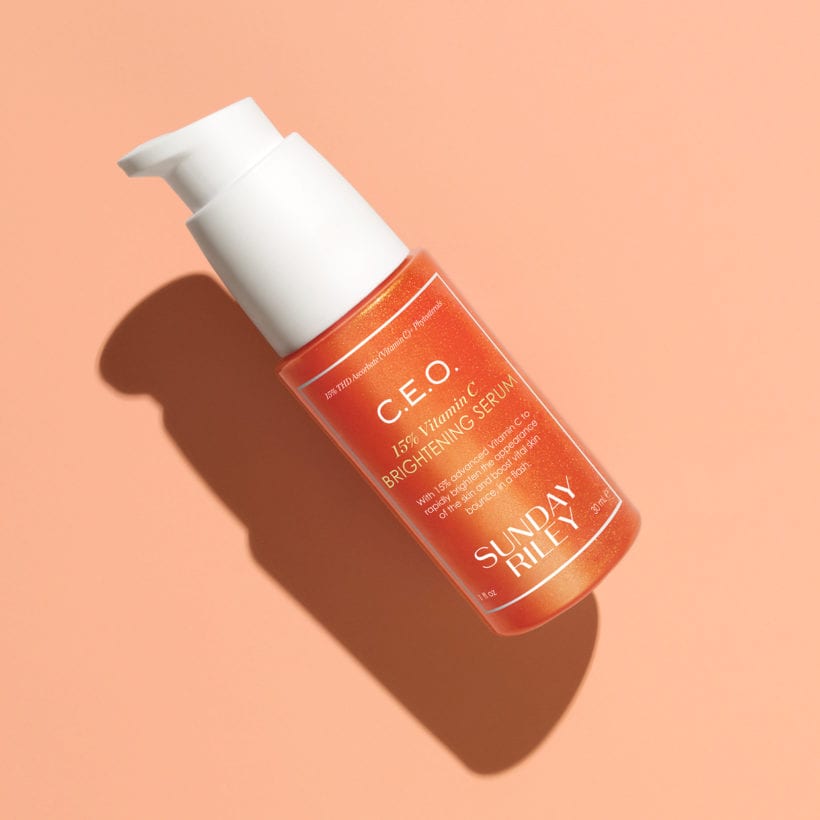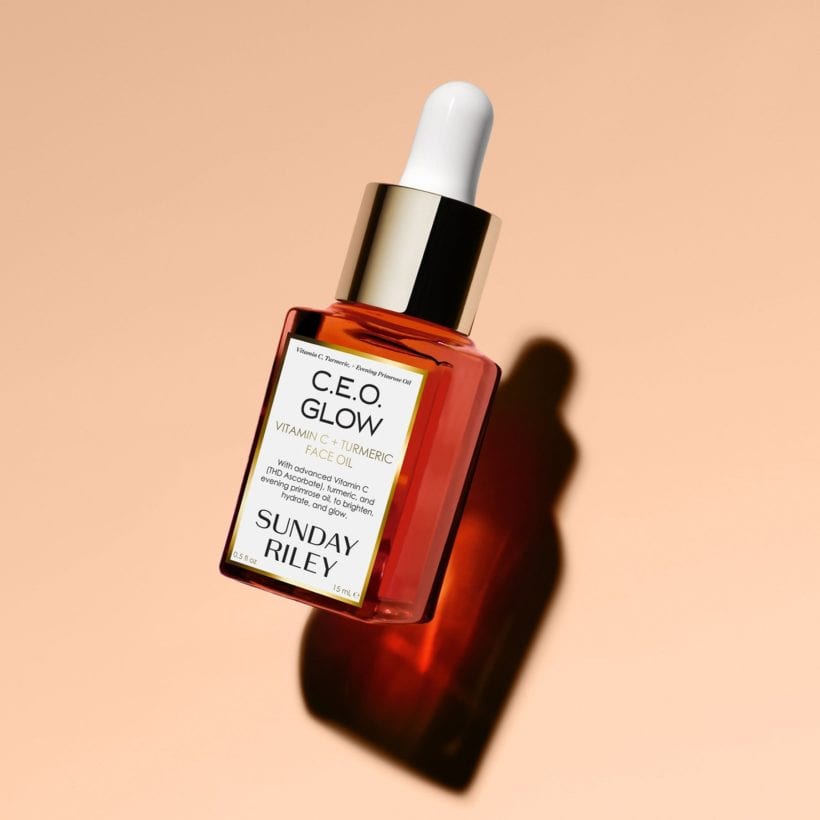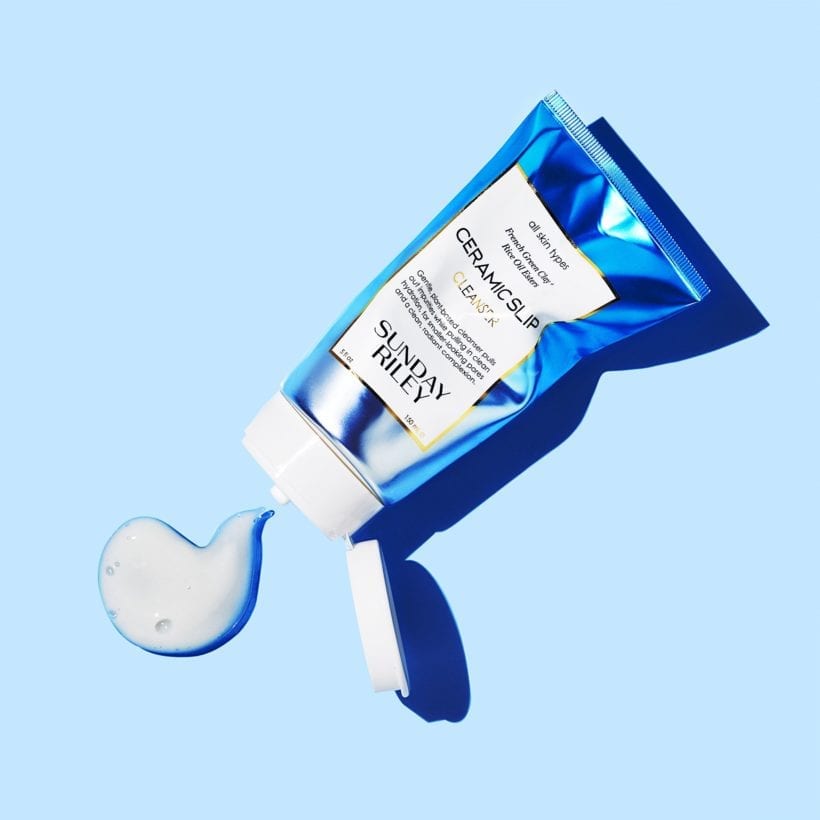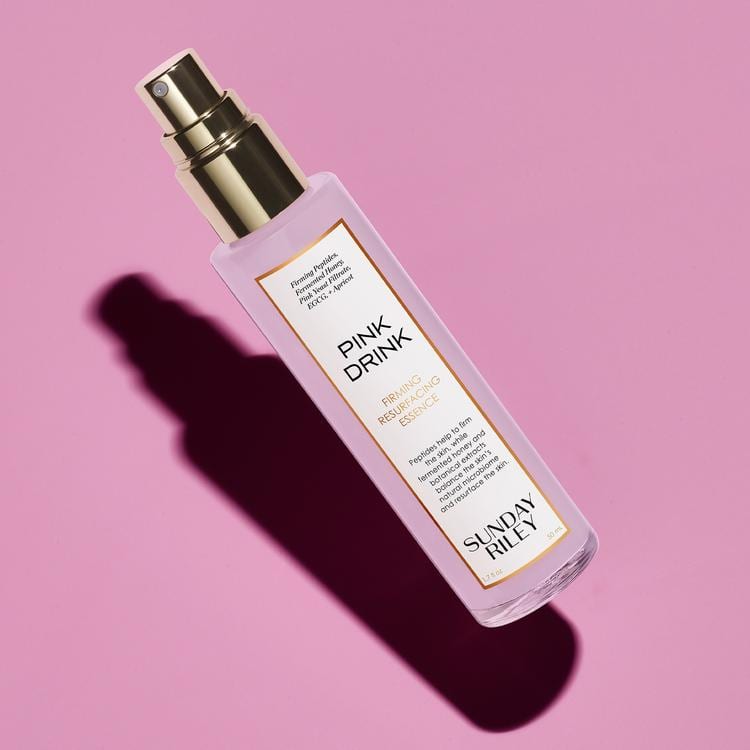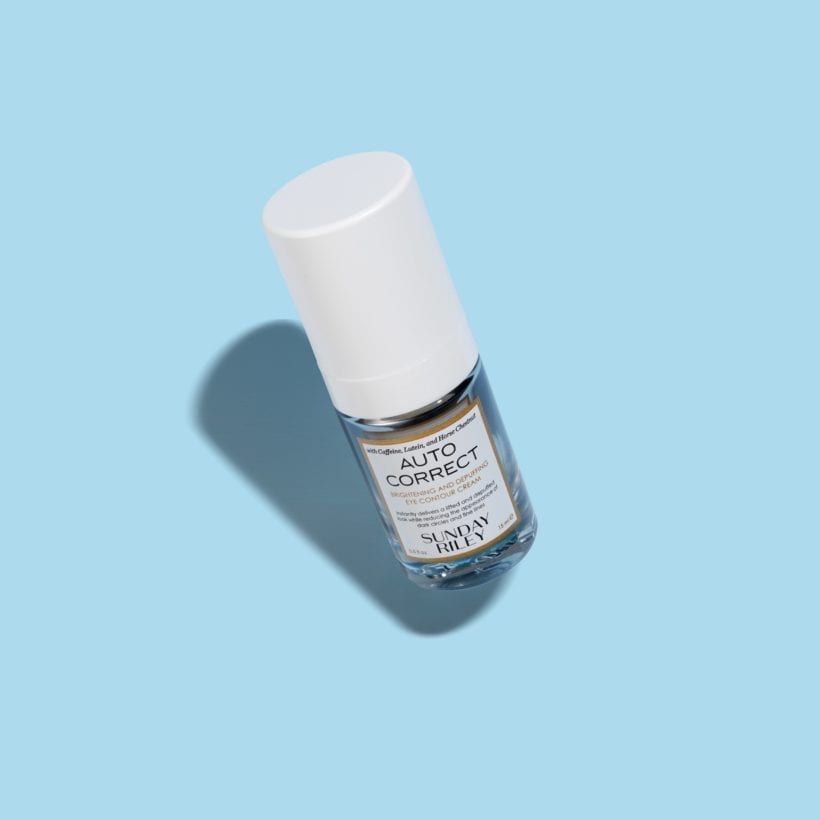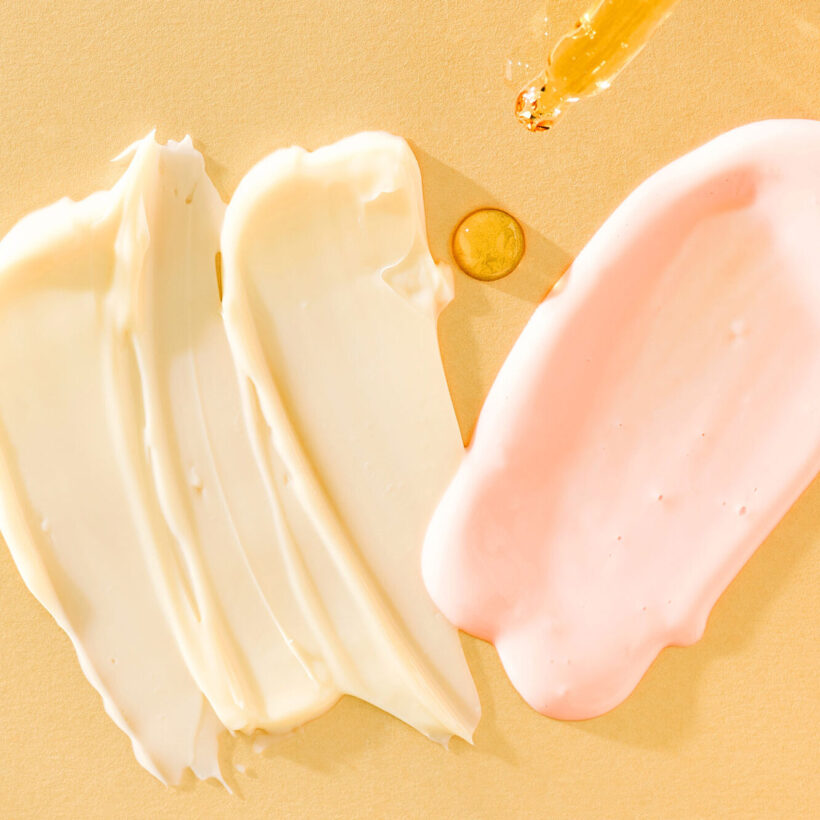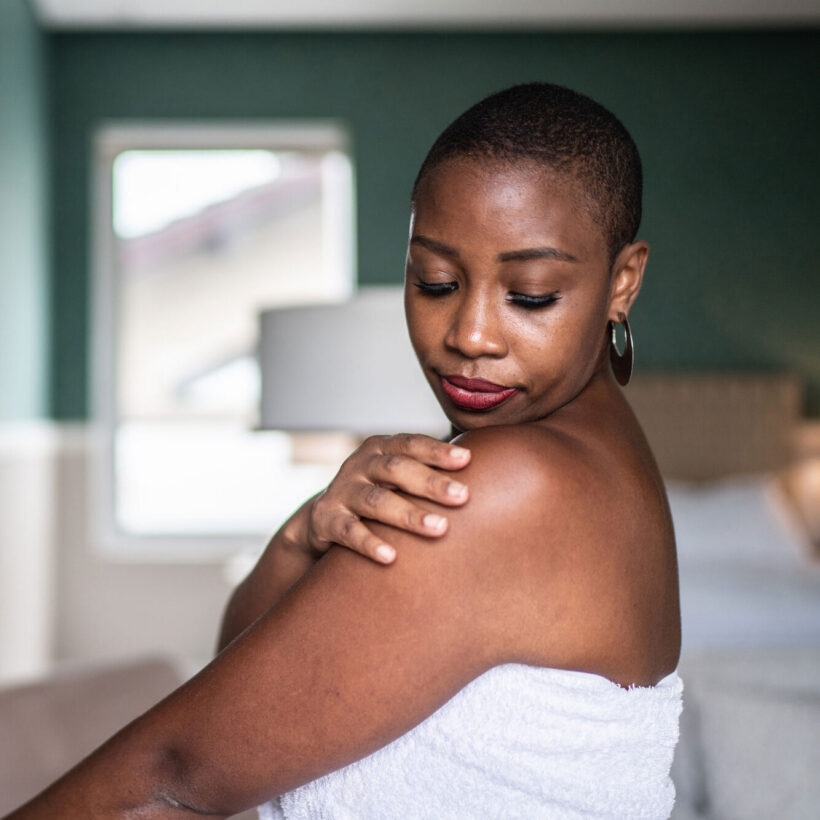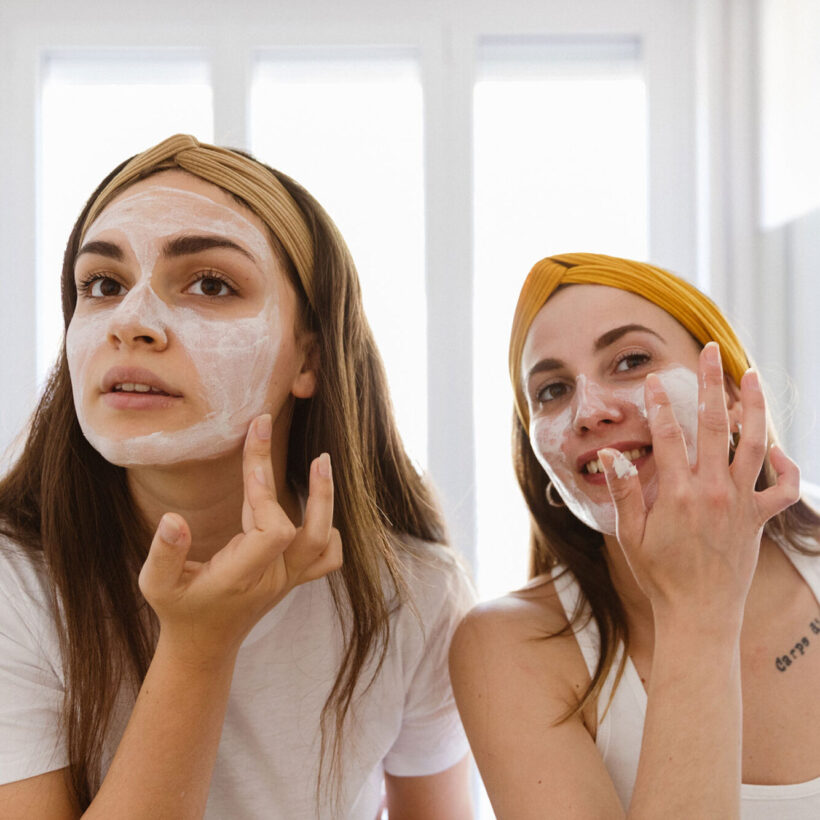Do you ever feel like walking around a major city can age your skin by 10 years? Or, that by accidentally crossing the street behind a bus exhaust, you’ve just inflamed your preexisting melasma condition? (You know, the one you thought you had under control?) Well, you are not alone. These days more and more studies are making their way to the forefront touting pollution as one of the leading causes of skin issues such as acne, eczema, rosacea and more. There’s even a term for it, polluaging, which, as its name suggests, is a combination of pollution and aging. Pollutants in our surroundings are causing us to age prematurely as they are responsible for transferring free radicals into the pores of our skin. Free radicals attack healthy skin cells and cause trauma. With research to back it up, anti-polluaging skincare is officially the next big trend among dermatologists, beauty brands and wellness professionals.
How does pollution affect the skin?
 Anti-polluaging is the use of antioxidants in skincare and beauty products to cancel out the harmful effects of pollutants and particulate matter (PM). PM is a term used to describe the airborne dispersion of physical pollution particles, which can be caused by either indoor or outdoor pollution. Indoor pollution includes PM caused by environment and lifestyle factors, such as indoor fires, the presence of dust, dust mites, hard water and cigarette smoke, to name a few. Outdoor pollution, which can be checked using apps like Air Quality and Air Visual, includes PM caused by exhaust fumes, wind-born dust, blue light, global warming and poor air quality, among others. A high level of PM in one’s environment can lead to many symptoms, including oxidative stress, an imbalance between free radicals, and antioxidants in the body. Claire Wolinsky, M.D., a dermatologist based in Manhattan, says she often sees patients who are new to the city complain of flair-ups in eczema, acne and premature aging. “Pollution absolutely leads to increases in hyper-pigmentation, fine lines and skin cancer rates,” says Wolinsky.
Anti-polluaging is the use of antioxidants in skincare and beauty products to cancel out the harmful effects of pollutants and particulate matter (PM). PM is a term used to describe the airborne dispersion of physical pollution particles, which can be caused by either indoor or outdoor pollution. Indoor pollution includes PM caused by environment and lifestyle factors, such as indoor fires, the presence of dust, dust mites, hard water and cigarette smoke, to name a few. Outdoor pollution, which can be checked using apps like Air Quality and Air Visual, includes PM caused by exhaust fumes, wind-born dust, blue light, global warming and poor air quality, among others. A high level of PM in one’s environment can lead to many symptoms, including oxidative stress, an imbalance between free radicals, and antioxidants in the body. Claire Wolinsky, M.D., a dermatologist based in Manhattan, says she often sees patients who are new to the city complain of flair-ups in eczema, acne and premature aging. “Pollution absolutely leads to increases in hyper-pigmentation, fine lines and skin cancer rates,” says Wolinsky.
What is anti-pollution skincare?
And for the United States, which represents $17 billion in revenue generated by the skincare market, the anti-polluaging movement is gaining momentum thanks to new supporting data. A recent experiment in the Journal of Investigative Dermatology proves a correlation exists between air pollution and sunspots. The study conducted last May showed a link in 400 women between the development of facial lentigines (sunspots) and chronic exposure to traffic-related PM. In the United Kingdom, NPD Group reports that anti-pollution moisturizers and masks have risen 62 percent and 112 percent, respectively. And, a recent study in Korea, according to MD Magazine, examined the connection between outdoor pollutants and chronic eczema. Researchers measured daily outdoor concentrations of pollutant matter, nitric oxides and volatile organic compounds and found a direct link between the outdoor pollutants and eczema symptoms.
How does anti-pollution skincare work?
 So which skincare ingredients can help protect us? While sunscreen, for example, has long been identified as essential to maintaining skin health by blocking out the sun’s pollutants, medical professionals are paying more attention to other pollutants and the products that can shield us. “UVA and UVB as well as the ozone found in smog in cities accelerates the aging process by creating more free radicals that trigger inflammation, interferes with collagen production and mutates the DNA of the skin.” says Wolinsky. Wolinsky says the most important components to an anti-polluaging skincare regimen are sunscreen and vitamin C. She recommends applying sunscreen of SPF 30 or higher and a vitamin C product in the morning to provide a layer of antioxidant protection. “Vitamin C has been shown to fight against reactive oxygen species because it’s easily oxidized,” she says.
So which skincare ingredients can help protect us? While sunscreen, for example, has long been identified as essential to maintaining skin health by blocking out the sun’s pollutants, medical professionals are paying more attention to other pollutants and the products that can shield us. “UVA and UVB as well as the ozone found in smog in cities accelerates the aging process by creating more free radicals that trigger inflammation, interferes with collagen production and mutates the DNA of the skin.” says Wolinsky. Wolinsky says the most important components to an anti-polluaging skincare regimen are sunscreen and vitamin C. She recommends applying sunscreen of SPF 30 or higher and a vitamin C product in the morning to provide a layer of antioxidant protection. “Vitamin C has been shown to fight against reactive oxygen species because it’s easily oxidized,” she says.
Beyond vitamin C, Wolinsky recommends washing with a gentle cleanser at night to remove the unwanted pollutants that have been sitting on the skin throughout the day. Harsh scrubs or exfoliants will only add to inflammation of the skin, so choosing a cleanser that can remove dirt and makeup without stripping the skin’s moisture is essential. “We can’t totally shield ourselves from pollutants,” she says, “but we can take preventative measures that will keep our skin happy and healthy over time.”
We only recommend products we have independently researched, tested, and loved. If you purchase a product found through our links, Sunday Edit may earn an affiliate commission.

